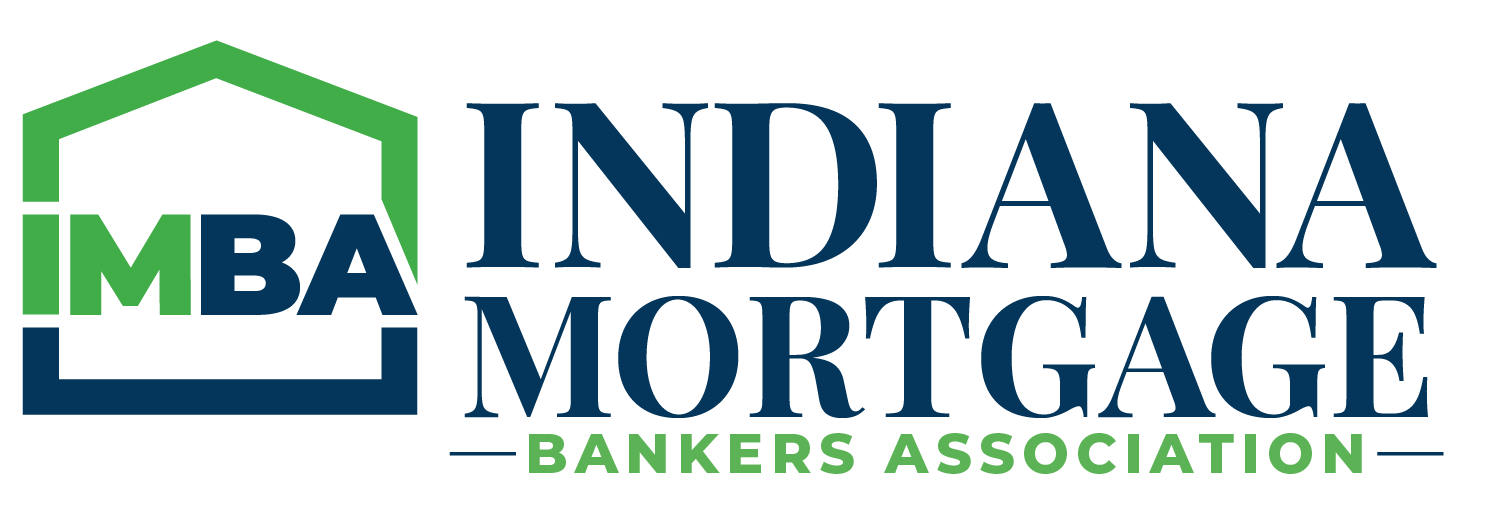Menu
Log in
- Home
- Login
Please log in to continue
Please login to continue to the page you have requested.
Contact Us: @ Indiana Mortgage Bankers Association 8425 Woodfield Crossing Blvd, Ste 155e Indianapolis, IN 46240 Office: (317) 333.7146 |
Powered by Wild Apricot Membership Software


